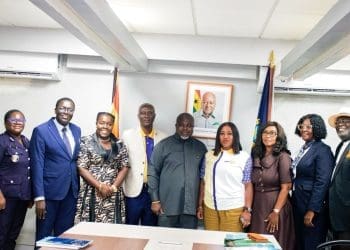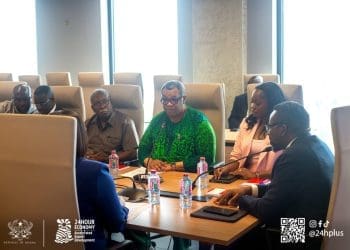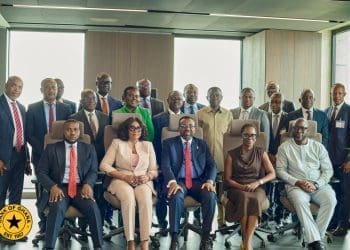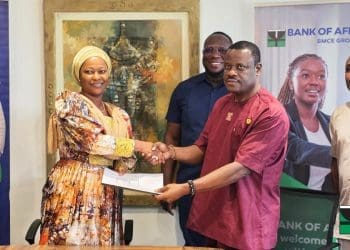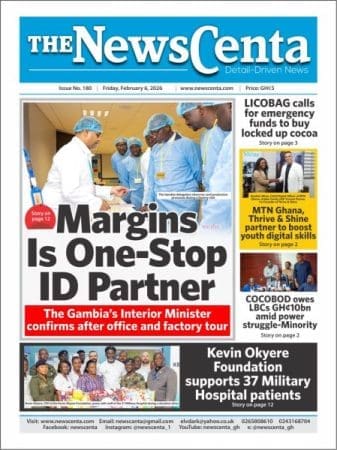Dr Johnson Pandit Asiama, Governor of the Bank of Ghana (BoG), has called on all Ghanaians to hold the national currency with pride and confidence, emphasising that protecting the Cedi is a shared responsibility that goes beyond the mandate of any single institution.
Speaking at the opening session of the Cedi at 60 International Currency Conference on Tuesday, Dr Asiama underscored the importance of collective effort in safeguarding the country’s economic sovereignty.
“The Cedi belongs to all of us. It carries our confidence, our effort, and our belief in the future of this country,” he said.
The two-day conference has brought together key players in the currency ecosystem, including central bankers, payment specialists, currency designers, security and technology providers, academics, and industry leaders. It aims to explore strategies to strengthen Ghana’s currency, modernise payments, and enhance financial stability.
Reinforcing the Cedi amid global pressures
Dr Asiama highlighted the Bank of Ghana’s ongoing work to re-anchor the Cedi as the country’s unquestioned medium of exchange amid pressures from currency substitution and dollarisation, trends that threaten national economic sovereignty.
“Our work on payments modernisation and the e-Cedi reflects our commitment to secure and interoperable forms of value, grounded in Ghana’s realities and informed by global lessons,” he said.
“This must be reinforced by strong economic stewardship and institutional stability to ensure the Cedi retains its value and relevance.”
Engaging young Ghanaians
The Governor also stressed the importance of building trust in the Cedi among young Ghanaians, whose expectations for transparency, convenience, and accountability continue to rise.
“Part of our responsibility – as policymakers, as technicians, and as leaders – is to ensure that the Cedi, however it is accessed, continues to serve their aspirations,” he stated.
Dr Asiama’s remarks signal the central bank’s commitment to maintaining a strong, stable, and widely trusted national currency while engaging all stakeholders in shaping the future of Ghana’s monetary system.





